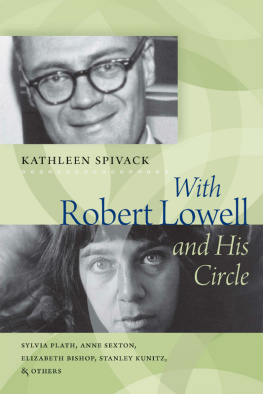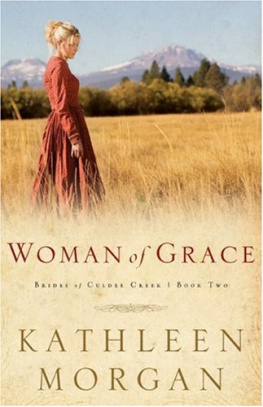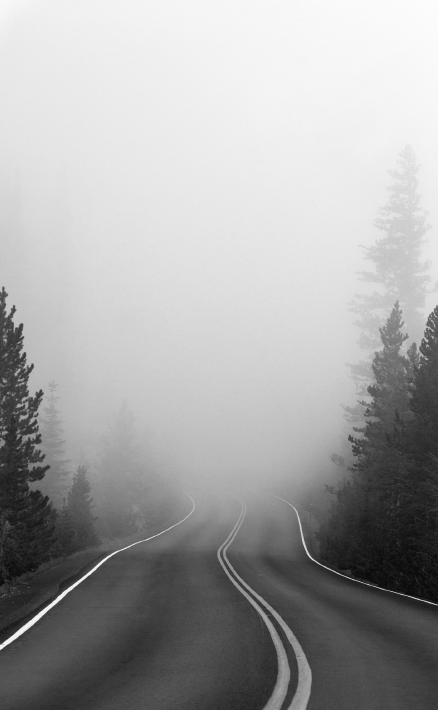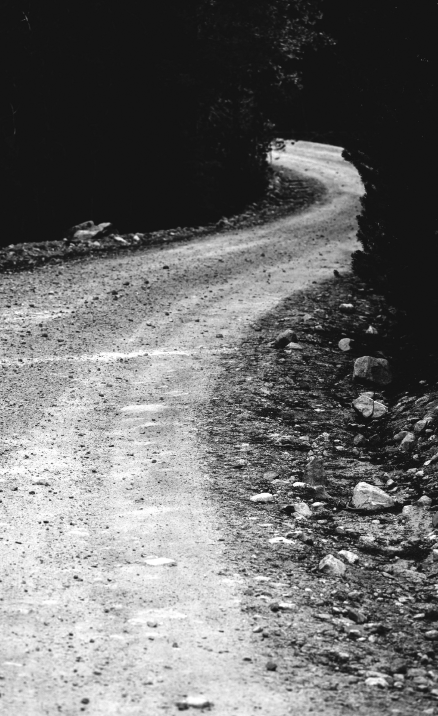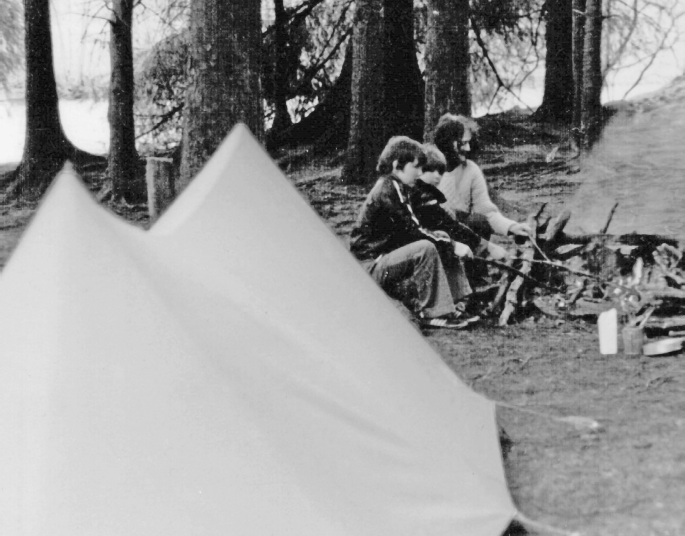
KATHLEEN PHELAN
There Is Only One Road And It Goes Everywhere
Journeys to the Land of Hearts Desires

Introduction
LIAM PHELAN
K athleen Kaye Phelan would dance into our lives. We lived in a big, white farmhouse halfway up the hill of Howth village, outside Dublin. Kaye was my step-grandmother, married to my grandfather, the writer and tramp Jim Phelan. From the age of about seven, Kaye would appear on our long driveway, a small woman who dressed neatly and who seemed to hover above the ground.
She would sashay up our long, curved driveway, taking small, precise steps, body swinging, often humming some obscure jazz tune, avian in her movements. She carried a small suitcase, or sometimes a little bag. She dressed neatly, maybe in a pair of faded, flared jeans and a flowery top, and she often wore a colourful scarf tied up around her hair.
Once arrived, she would start to talk. And what tales she had to tell. Stories of the road, of her travels across Ireland, Britain or France. She would tell of hitching across Scandinavia, snow on the road and cold bitter enough to knock you dead. Or she would speak of America, that mythical land I had read about through the books of Jack London, Upton Sinclair and John Steinbeck.
For a young boy, Kaye was a creature from another planet. She sounded different to everyone else I met, she looked different and she certainly lived a different life. She had a confidence and a determination that was palpable, even at my young age. Despite having very little money and no regular home, barring a caravan she used as a base without having a vehicle to tow it, she was totally at ease with her place in the world. She moved among tramps and tinkers (the common term for travelling people), but also among Lords and Ladies. She told a funny story about hitching in North Africa and meeting a guard at some tiny border crossing who proudly asked her in her finest English: How is the Queen? To which Kaye replied in equally melodic tones: Very well, thank you. Ill let her know you were asking after her.
Kaye would stay in our house for a few days, or sometimes a few weeks. She would always ask what I was reading, and I would relate to her my tales of skateboarding, or venturing out to a nearby island on a leaky dinghy, or getting in fights with local kids because of our politics (left) and religion (none). She was a good listener and always had the right answer or response; she always had your back.
After much pestering and pleading with my parents, Kaye finally took me hitchhiking to England when I was about 13.
We caught the ferry to Holyhead and then hitched through Wales, to Chester, Chesterfield and down to Nottingham. We stayed a few days at her caravan and then hitched back.
It was a rare insight into the craft of being a professional tramp. Much of society looks down on tramps, condemns them for not getting a real job or sponging off others. But travelling with Kaye, it was striking how hard she worked. We would walk miles to find the right spot to hitchnot too straight as cars were going too fast, not too winding as it was difficult for them to stop. Every person who stopped was instantly assessed as a potential mark. Kaye only hitched single occupants, as groups were too dangerous and too hard to penetrate. She would open the passenger door but she never got straight in. She looked the driver in the eye, had a few words and only then decided whether to get in. She told me, Never get straight in a car. Look at the person first. If they wont look you in the eye, dont get in. If they mumble or look away, dont get in. If they make you feel bad in any way, dont get in.
More than once when we hitched, she would refuse the lift and irate drivers would roar down the road in disgust, furious their offer of goodwill had been refused. But for Kaye, this was life and death, her ability to pick someone who meant her harm or was up to no good in a few seconds. It was the equivalent of a complex psychological profile carried out in a blink of an eye, often without people even realising they were being assessed.
Picking the right person meant the ability to sell a booklet, in which she would write tales about herself and Jim and paint some small watercolours. Or she might get a few quid or a meal or bed for the night. My instructions were to sit in the back, stay quiet and only speak when I was spoken to. In hindsight, very Victorian. But I was an eager apprentice and lapped up the interactions in the front seats.
Kathleen imparting vagabond wisdom to American friends during a visit to the States, c. 1970s.
Kaye was able to charm strangers very quickly. She would speak of her life with Jim, her life on the road. She would ask people where they were from, and she seemed to always be able to come back with some story about that town or city, almost anywhere in the world. At some point she would produce her booklets and ask would the driver buy one. It was salesmanship at its finest, and people would hand over money without even realising they had been worked.
We would chat as we waited for lifts, sometimes moving spots or sometimes taking shelter in a caf when the rain began to fall.
Later in life, I used her techniques to hitch across Ireland, England, Greece, Australia and Cuba.
Kayes caravan was tiny, crammed and exceptionally neat. She kept piles of papers, her booklets, paints, Jims books and a chessboard. I remember getting in trouble for leaving my things lying around, and feeling the sharpness of her tongue.
She was a daily visitor to the bookies, read the form closely and tried to explain her system to me, which essentially boiled down to if you won, you took out your stake and a little more and gambled with the rest.
She taught me to live life in the moment, to trust in the universe, and to always follow your heart. She warned me against mug punters and becoming dreary.
I have lost the letters and drawings she sent me, but still carry her memories wherever I go.
Kaye was a quiet revolutionary, a woman who achieved greatness by living a completely unconventional life that few of us can even dream about.
She was an artist whose greatest creation was her self, and she survived by selling her story to anyone she met on her widespread travels across the world.
She came from a conventional middle-class English family, but transcended her background to make the entire planet her playground.
Next page
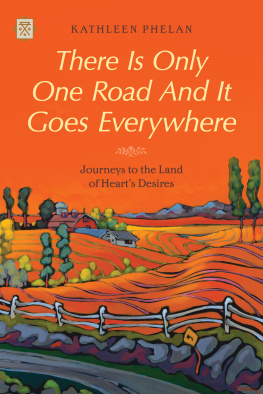
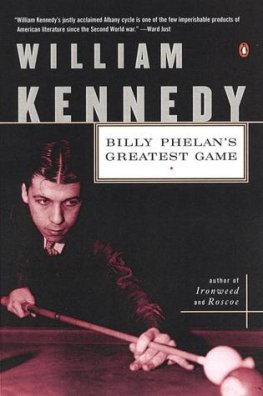

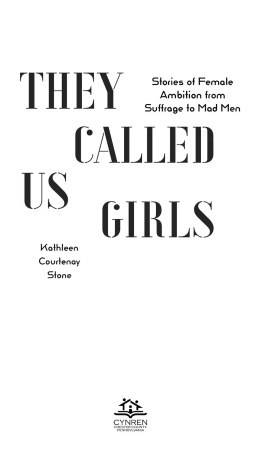
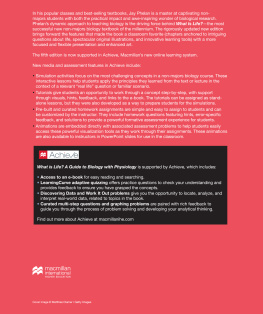
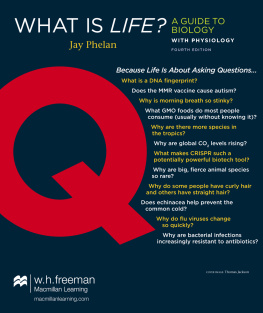
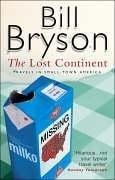
![Kathleen Jamie [Kathleen Jamie] - Among Muslims](/uploads/posts/book/141349/thumbs/kathleen-jamie-kathleen-jamie-among-muslims.jpg)
